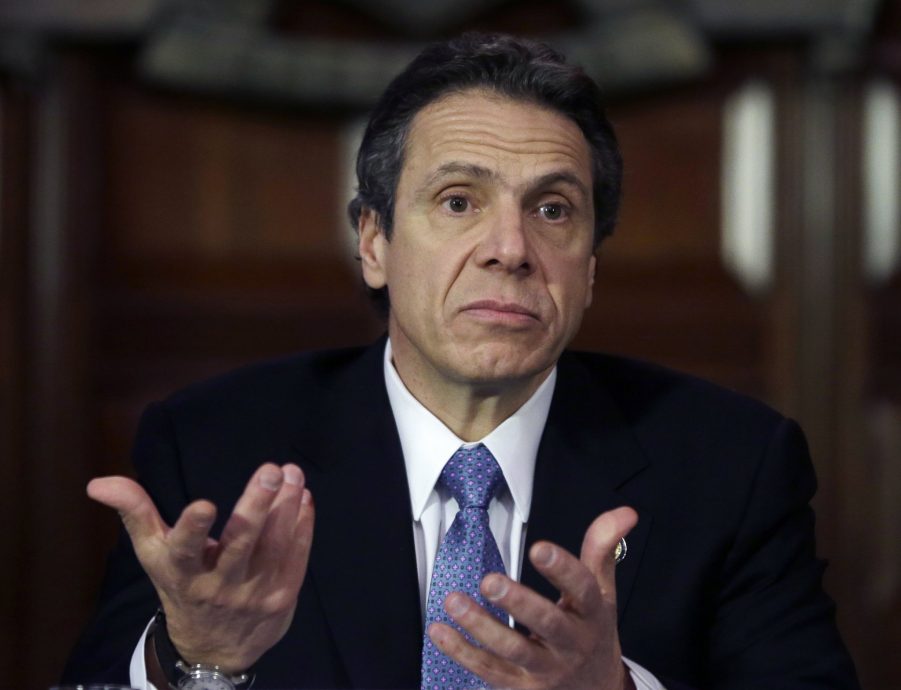The Major Questions Doctrine could mark the end of Chevron deference and the beginning of a new era.
The Cuomo Pink Slip and the Cuomo Tax
I cannot remember a time when New York’s Governor and New York City’s Mayor taken together pose a greater threat to liberty and prosperity. Last week each proposed a dreadful policy. Governor Andrew Cuomo succeeded and Mayor Bill de Blasio failed. The different outcomes tell us a lot about what makes some statist proposals more likely to take effect and how to resist them.
Cuomo got his Labor Board to hike the minimum wage to $15 an hour for fast food workers throughout the state. I will not repeat my general arguments against substantial minimum wage hikes. But even minimum wage advocates concede that such sector specific wages will distort the labor market and create a less efficient mix of businesses. Moreover, any law that requires paying someone at McDonald’s in Troy, New York $15 an hour while someone working at Home Depot in New York City $9 an hour is patently irrational given the much higher cost of living in the city.
For his part, de Blasio proposed capping the growth of Uber in New York City ostensibly because the extra cars on the road were causing congestion, but in large measure because the taxi companies are some of his biggest supporters. Even if city streets were becoming more congested it is not economically rational to single out Uber. There is no reason to believe that the customers it serves are getting less benefit from driving around New York than those who take taxis or drive themselves.
What is interesting, however, is that the city council shelved this proposal. There are several reasons that de Blasio’s scheme was more vulnerable. First, the cap on Uber meant that some people who wanted drive for Uber recognized that the proposal would prevent them from doing so, creating a lobby against it. With the minimum wage, in contrast, while some workers will lose their jobs because of it, they cannot now identify themselves. Second, de Blasio had to get the support of elected representatives, whereas Cuomo worked through an unaccountable labor commission.
But perhaps the most important difference of all was the way Uber fought back. It put on its app a “de Blasio” button for summoning a driver. If one used it, one would not be picked up for 25 five minutes. It was thus able to turn its customer base into a grassroots opposition.
The lessons for the friends of liberty are twofold. First, it is much easier to impose onerous regulations through the administrative state than though a legislature, even one as generally supine as the New York City Council. Second, businesses need to energize their customers to oppose intrusions on their freedom. As minimum wages impose more costs, fast food restaurants should make clear that the surcharges are caused by particular politicians. Each receipt should now feature a “Cuomo Tax.” When these businesses lay off workers who cannot be afforded, the pink slip should prominently mention Cuomo’s name. Perhaps the minimum wage will not be rolled back in New York, but such publicity should deter politicians elsewhere from messing with liberty.



